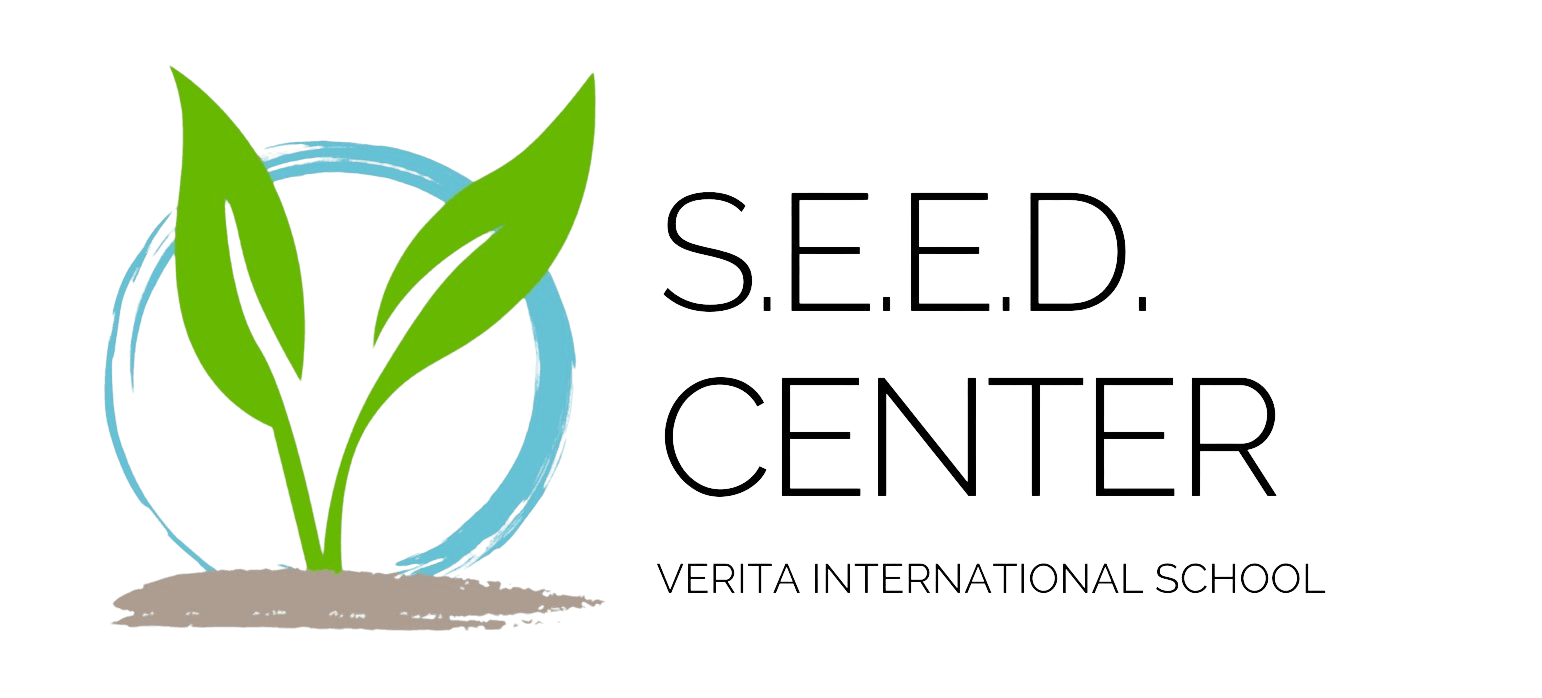Comprehensive Guide to Alternative Education Methods
Understanding Alternative Education
Alternative education methods offer diverse approaches to learning that differ from traditional classroom settings. These methods focus on personalized learning experiences, encouraging creativity, and fostering critical thinking skills. As parents and educators seek more tailored educational experiences, understanding these alternatives becomes increasingly important.

Montessori Method
The Montessori method emphasizes hands-on learning and self-directed activity. Developed by Dr. Maria Montessori, this approach allows children to explore and learn at their own pace. Classrooms are designed to support individual growth through a carefully prepared environment that encourages independence.
Key components of the Montessori method include mixed-age classrooms, specially designed learning materials, and a focus on social and emotional development. This approach nurtures a child’s natural curiosity and love for learning, rather than adhering to a rigid curriculum.
Waldorf Education
Waldorf education, founded by Rudolf Steiner, takes a holistic approach to teaching. It integrates academics, arts, and practical skills to develop a well-rounded individual. The curriculum is designed to align with the developmental stages of children, emphasizing creativity and imagination.
Teachers in Waldorf schools often stay with the same class for several years, creating a stable and nurturing environment. This method encourages students to think critically and express themselves through various artistic and practical activities.

Project-Based Learning
Project-based learning (PBL) is an innovative approach that focuses on engaging students in real-world projects. This method allows students to apply knowledge and skills to solve complex problems, fostering teamwork and communication.
In PBL, students work on projects over an extended period, which culminates in a public product or presentation. This hands-on approach not only enhances learning but also helps students develop essential life skills such as collaboration, problem-solving, and critical thinking.
Unschooling
Unschooling is a learner-centered approach that emphasizes learning through life experiences, rather than a structured curriculum. This method allows children to explore their interests and passions, fostering a natural and joyful learning process.
Parents or mentors play a supportive role, providing resources and guidance as needed. Unschooling encourages self-motivation and independence, allowing children to take charge of their own educational journey.

Benefits and Challenges
Alternative education methods offer numerous benefits, including personalized learning experiences, enhanced creativity, and development of critical thinking skills. These approaches cater to different learning styles, allowing students to thrive in environments that best suit their needs.
However, there are challenges to consider, such as limited resources, potential lack of standardized assessment, and societal acceptance. It's essential for parents and educators to weigh the pros and cons when choosing the most suitable method for their children.
Conclusion
Exploring alternative education methods can open doors to innovative learning experiences, tailored to the unique needs and interests of each student. By understanding and embracing these diverse approaches, we can foster a more inclusive and dynamic education system that prepares students for the complexities of the modern world.
